How do you tell a prequel story in the League of Legends (LoL) universe? Riot Games’ iconic game series only turned 12 on October 27, 2021, but there aren’t many franchises that can match its 180 million monthly user base (per PC Gamer). Given LoL’s rich, established lore – and a fervent fanbase that knows it inside out – is it possible to craft a meaningful tale that explores the origins of some of LoL’s most beloved champions? After all, players are already well aware of the foundational backstories for fan favorites including Vi, Jinx and Jayce. For Riot Games’ creative director Christian Linke, making an LoL animated prequel series afforded the game company the opportunity to dig into their characters’ origins. The result is Arcane, a three-part TV ‘event series’, developed in collaboration with Netflix, that builds on LoL’s familiar mythology. “For us, it started less with this idea of, ‘We’re gonna make a big animated series’,” Linke tells TechRadar. “Instead, as LoL players ourselves, we thought, ‘We’ve never had the chance to do something like this.’ And everything is already out there to make Arcane – but nobody has. It felt like someone had to do it, so why not us?” Ahead of Arcane’s November 6 launch, TechRadar sat down with its cast and crew to find out how the show was developed for newcomers and established fans alike. We also discuss how the cast brought these iconic characters to life and the process behind the show’s beautiful art style. Based on League of Legends’ mythos, Arcane tells the tale of sisters Vi (Hailee Steinfeld) and Powder (Mia Sinclair Jenness) before the duo become the iconic champions that they are today. The series also follows soon-to-be champions including Jayce (Kevin Alejandro), Caitlyn (Katie Leung) and Viktor (Harry Lloyd), who become pawns in the bitter power struggle between the idyllic, progressive city of Piltover and Zaun, Piltover’s polluted and criminal sibling. Eager as Riot’s creative team was to develop an animated LoL series, the first steps in the process were deciding on its plot and characters. With almost 160 champions to choose from, whittling that number down to eight key individuals was no easy feat. The total number of champions could even inch higher, with fans speculating that some characters, who appear to have been specifically created for Arcane, will become iconic LoL champions as the series progresses. It wasn’t long, however, before Riot settled on which heroes and villains to focus on. And, as Linke reveals, two specific choices were obvious inclusions. “There was a desire to develop a genuinely good and moving story,” he says. “We really tried to chase that down and work out the central questions we have for our characters, especially for Vi and Jinx. [We focused] on this difficult relationship between two sisters, and that question of whether or not they can make it work is a key part of Arcane’s plot.” Despite Arcane’s obvious ties to LoL’s universe, Riot also didn’t want their Netflix series to be inextricably linked to the games it's based on. As Riot creative designer Alex Yee explains, this was vital for Arcane to be accessible to franchise newcomers. That, combined with Arcane being a prequel series, means that viewers don’t need to be LoL superfans to enjoy the show. “We asked ourselves, ‘Is it right to kick off the show where everyone already knows that these characters will become champions?’” Yee says. “When we develop new champions [for our games], there are lots of stories bandied around, which become headcanon. But there were questions outside of those that we wanted to answer in the show. We came to the conclusion that this show should be enjoyable for people who haven’t played LoL, as well as those who know about it.” “We didn't want Arcane to be purely fanservice,” Linke adds. “These days, we see a lot of studios say, ‘just do what people want to make fans smile’. We wanted Arcane to take a deep dive into these characters from games we’ve loved for over 10 years. We wanted to explore the subtleties and drama of these individuals with quality animation.” That “quality animation” that Linke alludes to is part of Arcane’s appeal. Riot wanted its animated series to have a distinct art style that was neither cartoonish or realistic. After a lengthy search, Riot chose Fortiche Productions, a small Paris-based studio who specializes in creating animated projects with a unique blend of 2D and 3D art. The result is a visually striking, painterly style that sets Arcane apart from other animated shows. “We wanted something that felt boutique but also cinematic,” Linke reveals. “We could’ve gone with a bigger studio, but I don’t think you can teach what Fortiche created. That visual style, married with a human touch, gives you a real feeling that people have crafted this. You get a sense that there’s someone there filming with a handheld camera, which gives Arcane an imperfect human aesthetic. It’s fascinating to me that 14 people could pull off this unique style and we immediately fell in love with it.” We didn't want Arcane to be purely fanservice An animated show like Arcane can be stunning to look at but, unless it’s populated with interesting, morally complex characters, it may feel one dimensional. Even then, justice may not be done to its eclectic mix of characters without the right voice actors. So it’s satisfying that Arcane’s cast feels like the right fit for their characters. Steinfeld brings an intensity that’s befitting of Vi’s persona, while Ella Purnell’s performance as Jinx is suitably chaotic for such an explosive individual. But stepping into the shoes of these beloved champions was something of a pressure situation for some of Arcane’s cast. Unsurprisingly, LoL fans are very protective of the series’ characters, so putting a new spin on its champions had the capacity to alienate them – and potentially lead to criticism of each actor’s portrayal. As Purnell explains, though, Riot’s backing of its cast gave them the confidence to bring something novel to their performances. “There’s so much stuff about Jinx online,” Purnell says. “People love this character, so it was interesting to read all these conspiracy theories about her past. And it’s mildly terrifying to step into her shoes as everybody has an idea of what you should do or sound like. But the show’s creators were great. They made these characters, so we had plenty of extensive conversations about my approach to Jinx.” “You know there’s gonna be pressure,” Katie Leung, who plays Caitlyn, adds. “People have preconceived notions of who Caitlyn is but, if you try to please everybody, that’s a recipe for disaster. Before I recorded my lines, Christian and Alex explained her huge backstory to me, which helped me get into character. I felt super supported as an actor and, as long as they’re happy, that’s the main thing.” As Riot Games’ maiden non-game project, there’s plenty riding on Arcane’s possible success. If it resonates with LoL’s fanbase, there’s the potential for similar productions – based on other Riot properties, including Valorant and Legends of Runeterra – to receive similar movie or TV treatments. There’s no guarantee, however, that Arcane will wow audiences. The Netflix series has been split into three distinct parts, with Act 1’s three-episode arc the only one to be released so far. Act 2’s three episodes will arrive on Netflix on November 12, before Act 3’s final three entries land on November 19. So it’ll be another two weeks before fans of Riot’s multiplayer online battle arena (MOBA) title can offer their definitive verdict on Arcane. Should it prove to be successful, it could leave a legacy that’s as lasting as LoL itself, but it’ll be a fortnight before Riot and LoL fans will know for sure. Still, Linke and Yee are hopeful that Arcane will be well received. Its expansion on LoL’s source material, coupled with its prequel story, means that it doesn’t step on lore that’s already established in the MOBA. And, with Riot at its helm, Arcane doesn’t diverge too much from what’s made League of Legends such a beloved series. “There’s a lot of lore and story that’s been created for League of Legends, even beyond what you can see in their character biographies,” Yee says. “It was a goal of ours to make this show, create a new story, build on the identity of these characters and make them relatable. There are core aspects of our champions that people don’t know, and now I think we’ve done justice to that side of them.” “These are games that we’ve loved for 12 years,” Linke adds. “We’d wanted to tell this story for a while, but it took us a while to have the guts to do it. It was a question of whether we could make this work, and I think we have done [that].” Arcane Part 1 is out now on Netflix. Parts 2 and 3 will launch on the streaming service on November 12 and November 19 respectively.
A link to the past
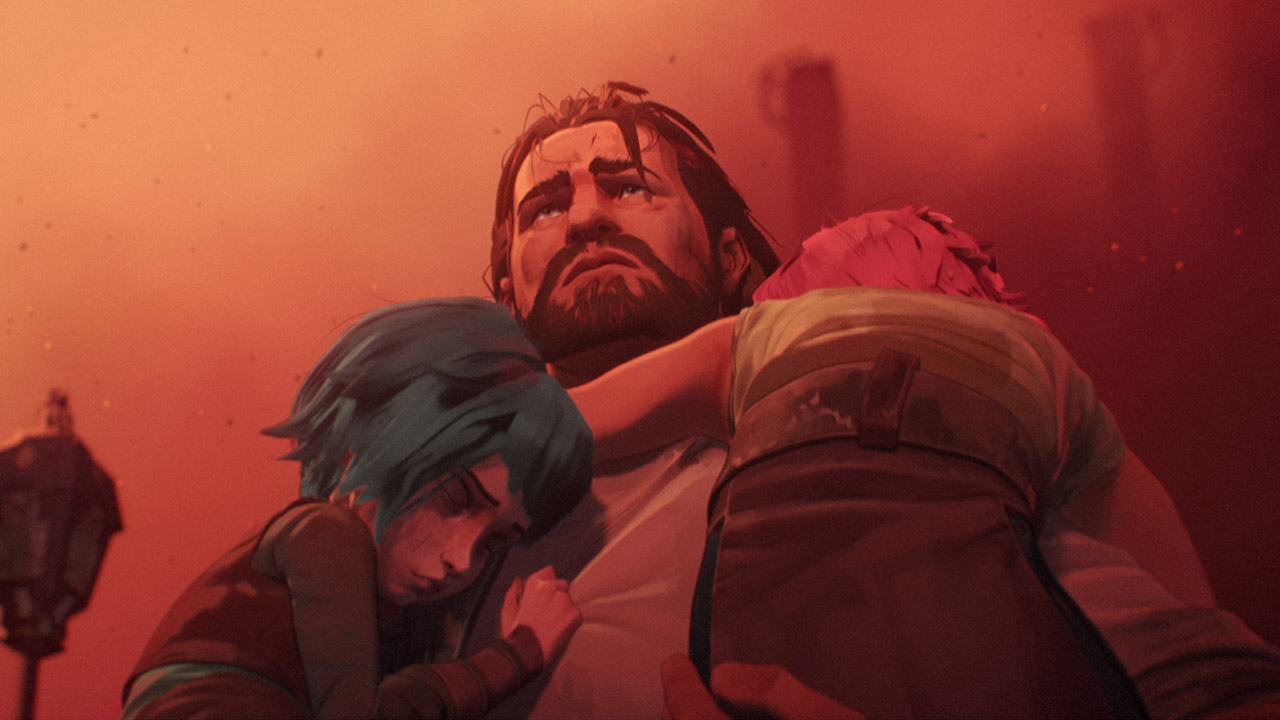
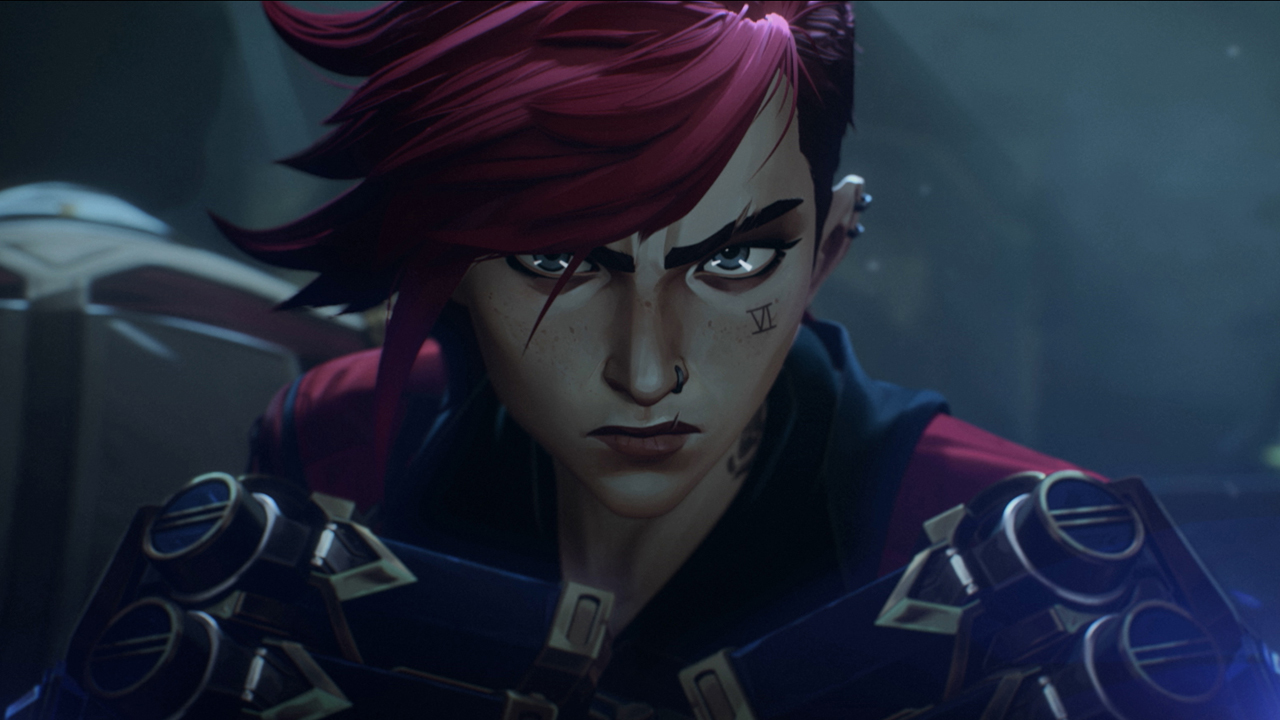
Painting a picture
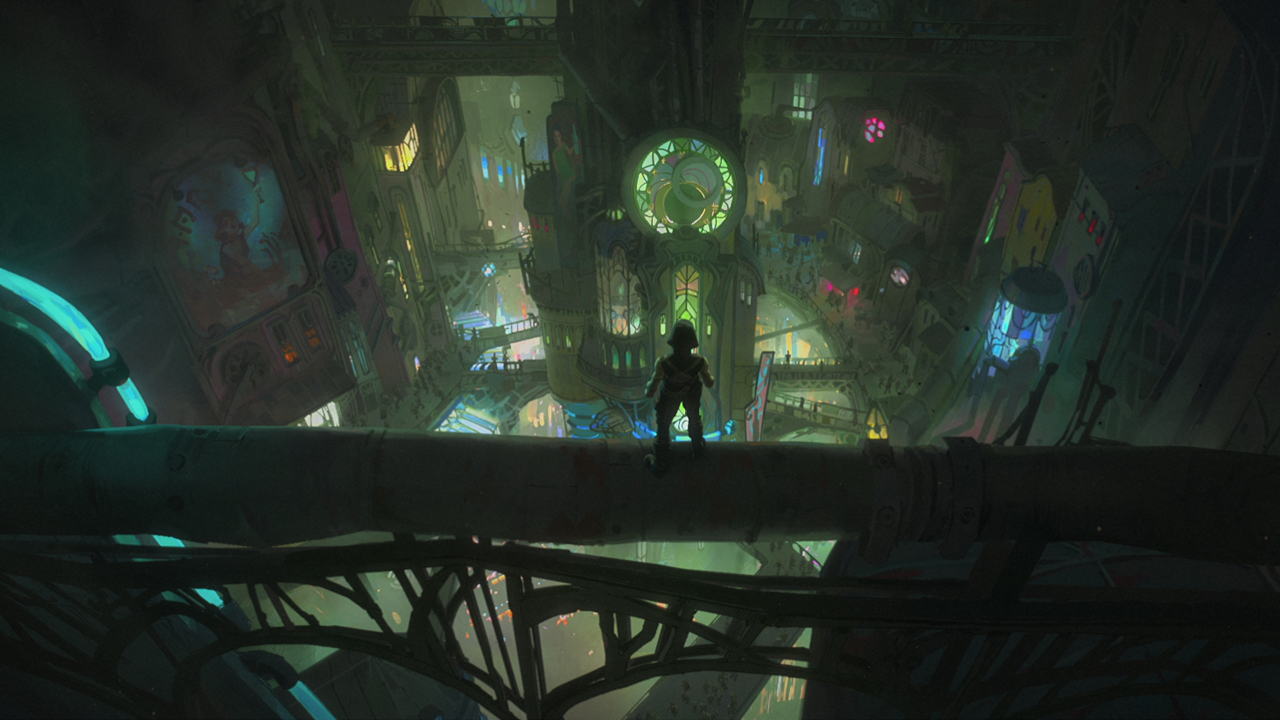
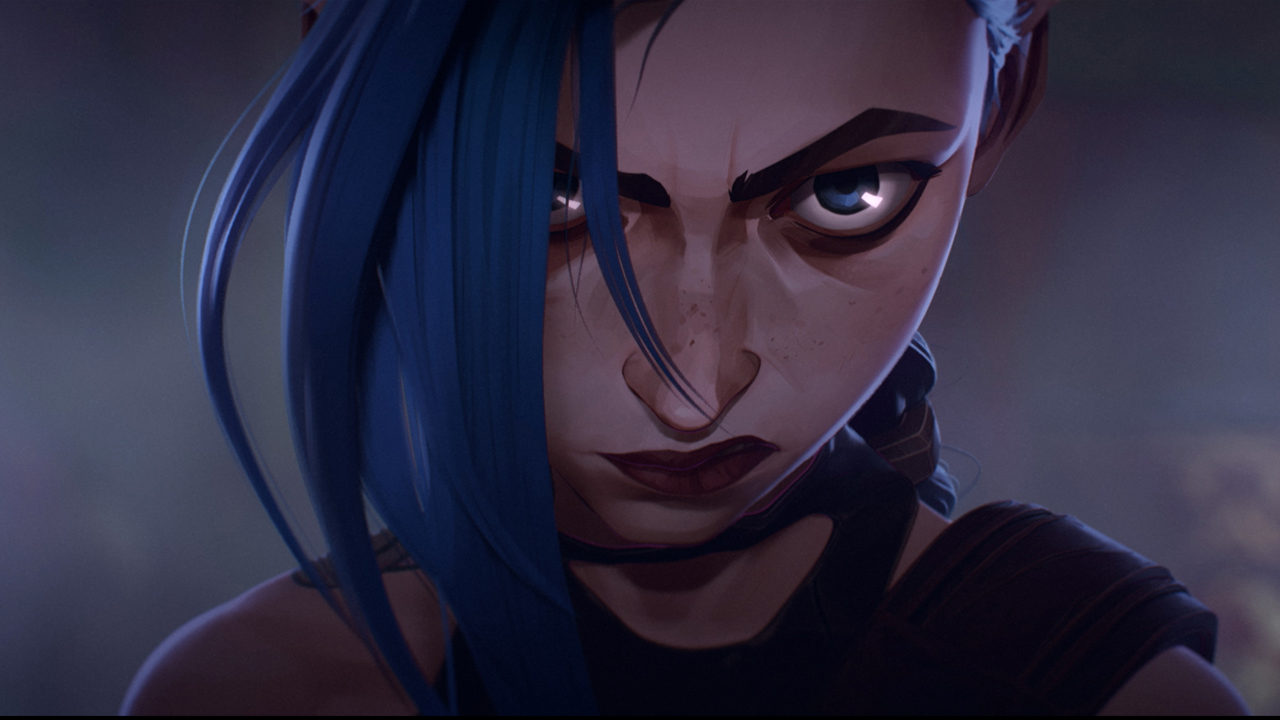
Leaving a legacy
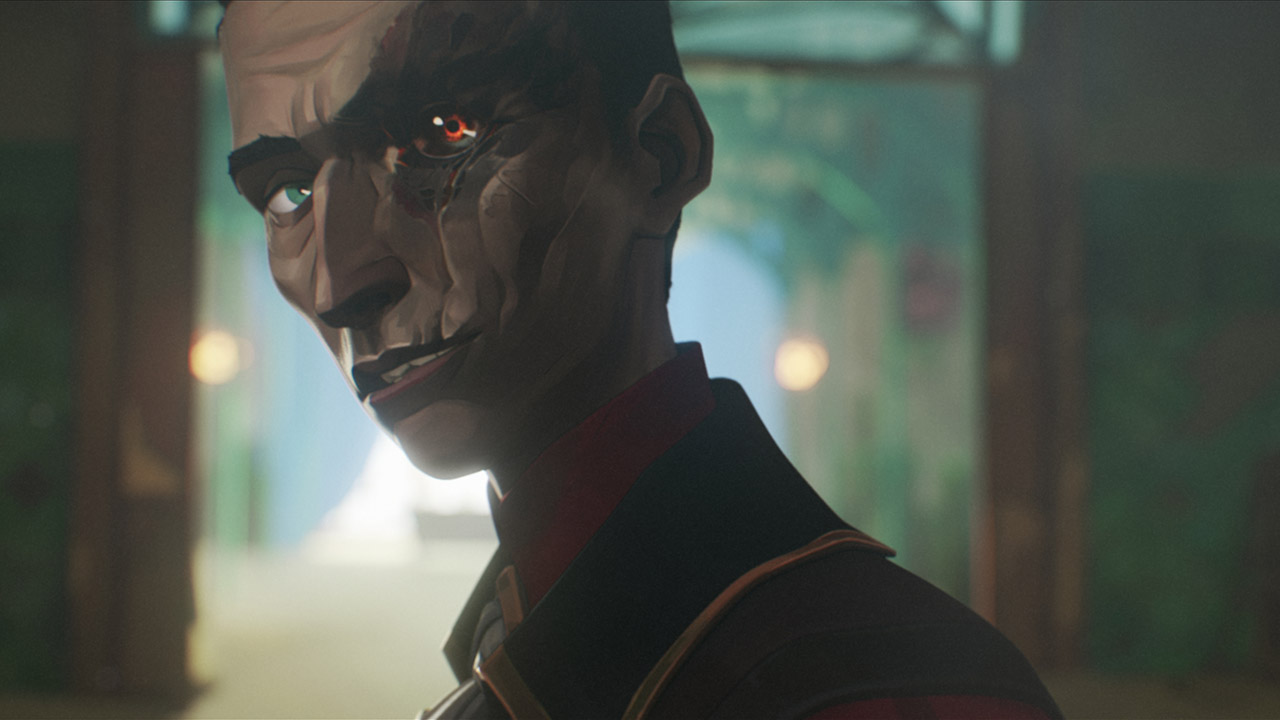
source https://www.techradar.com/news/inside-arcane-netflixs-animated-prequel-show-that-builds-on-league-of-legends-lore/
Rule #21 of the internet: Original content is original only for a few seconds before getting old.
